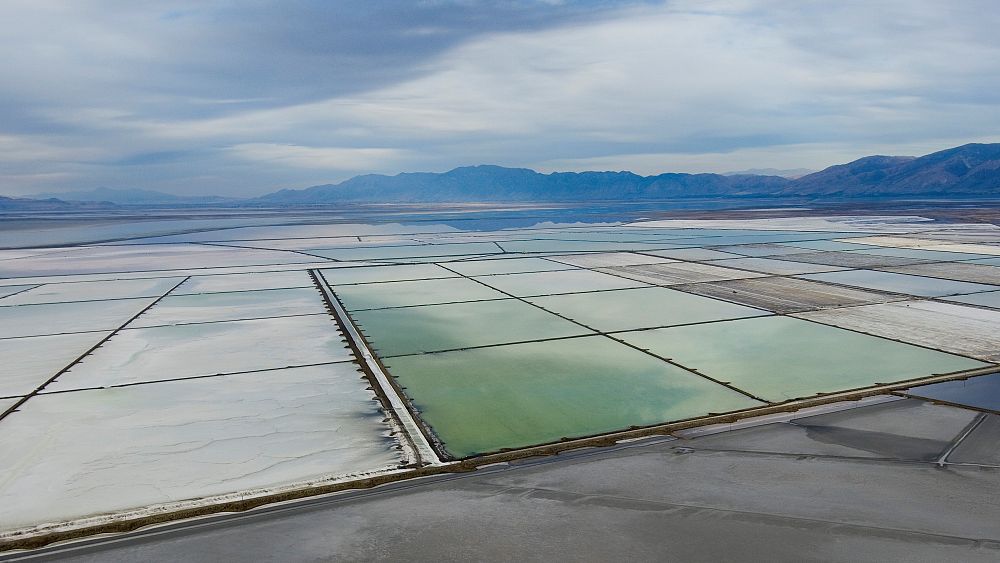
The race for lithium in Portugal has reached its pinnacle.
While residents have continuously rallied against the rare metal’s mining — citing huge environmental ramifications — the country’s environment ministry has given the green light to the extraction of the “white gold” in six different parts of the country.
However, the municipality of Pinhel are preparing to file an injunction to stop exploration.
Residents in Fundão say plans for a mine will interfere with the area’s central irrigation system, posing a threat to one of the region’s leading industries, the agri-food sector.
“It will never be possible, I would say, for the municipalities, but also for the administration and even for the government, that mining will take place in what is one of the main assets of agricultural production where there is such large investment,” says Mayor of Fundão Paulo Fernades.
“Besides, there are urban centres within this same area,” Fernandes points out.
According to a London based mining company Savannah Resources, Portugal has 60,000 tons of known lithium reserves.
Lithium has become a crucial ore metal, having been used for decades in the electronics and pharmaceutical industries. But its mining may contribute to deforestation and air pollution, which will have a negative impact on many local populations.
“We have heard about the dangers and the problems it can create for the environment, and also for people,” says a resident from Mondim de Basto, which lies within the Vila Real district in the north of the country. “So it’s worrying to know that they could come to exploit it here in our territory.”
Despite concerns of irreversible environmental damage, licenses to search for lithium in other parts of the country have already been granted.
Savannah Resources has received provisional permission to extract the lucrative metal in mountainous Barroso, also a protected area. The scramble for raw materials in the region has prompted the rural population to fear that their of livelihood is under threat.
However, the company has argued that a mine in Covas do Barroso could generate €1.3 billion of revenue over the next fifteen years while simultaneously boosting Portugal’s economy.
According to the mayor of Boticas municipality, which includes Covas do Barroso, 95% of the local population have rejected plans for the mine, despite the company’s promises that the ore’s exploitation will create around 800 jobs for the residents.











